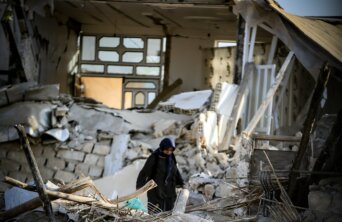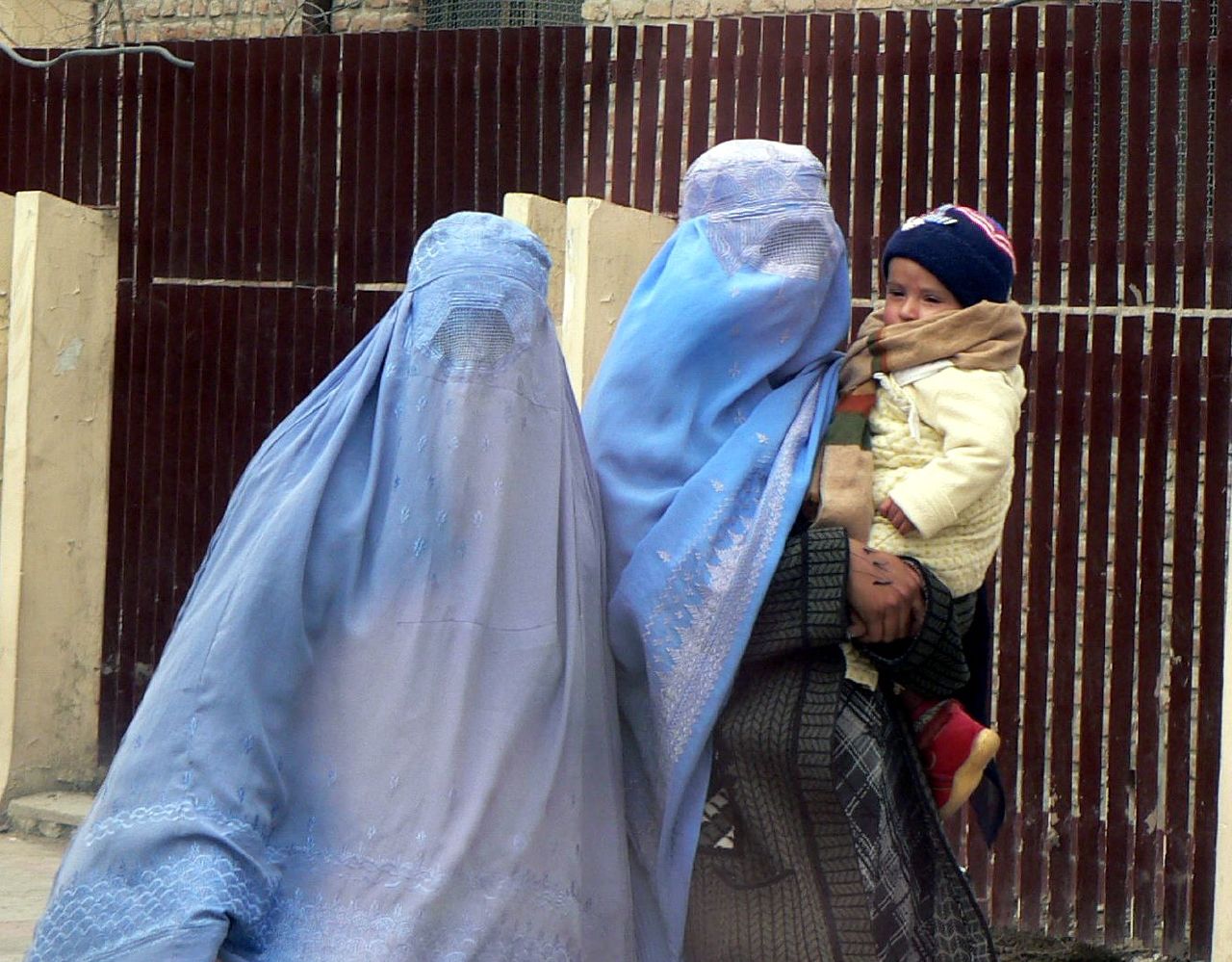- About
- Topics
- Story
- Magazine
- In-Depth
- Picks
- Opinion
- News
- Donate
- Signup for our newsletterOur Editors' Best PicksSend
Read, Debate: Engage.
| topic: | Refugees and Asylum |
|---|---|
| located: | Afghanistan, Brazil, Haiti |
| editor: | Ellen Nemitz |
Since the crisis in Afghanistan has worsened after the Taliban took control of the country, the scenes of people trying to flee the imminent danger posed by the totalitarian regime - which was previously in power between 1996 and 2001 - have shocked the world. The desperation has led crowds to the Kabul airport to attempt to escape the impending human rights violations - an exodus which will likely continue as the Taliban further imposes their laws.
Meanwhile, another country miles away from the Middle East has also been struck by chaos: the Caribbean island of Haiti, the poorest country in the western hemisphere, was recently hit by a 7.2 magnitude earthquake followed by a tropical storm - both during continued political instability. More than 2,000 people have died and at least 12,000 were injured, but the death toll is still being updated.
Both situations may have one thing in common: they demand a plan to host all refugees who need a safe place to rebuild their lives.
In 2010, the 7.0 magnitude earthquake that hit the island of Haiti devastated the country. Historic records are not precise, but the estimated death toll was between 220 to 320 thousand people; among those who survived, over 1.3 million ended up displaced and in need of physical, material and psychological assistance
Haiti has still not managed to overcome that disaster, due to political weakness and lack of organisation of international aid. Since then, several Haitians have opted for migration as the path out of extreme poverty: for example, since 2011, almost 40 thousand Haitians have required refugee status in Brazil, according to a Brazilian annual governmental report.
In fact, the largest Latin American country has developed good policies and an entire bureaucratic structure to receive migrants and refugees. The Law of Migration, approved in 2017, facilitates the regulation of migrants and refugees coming from any country, recognises the condition of ‘stateless person’ and guarantees the same rights as national citizens to all people.
The law also created the humanitarian visa for those coming from regions affected precisely by wars, conflicts or natural disasters. The prerogative has helped several refugees in the past, and may now serve as a path to asylum for both Haitians and Afghans: Itamaraty, the governmental agency responsible for foreign affairs, is considering granting humanitarian visas for Afghans, reports the BBC.
At least ten Latin American countries have expressed concern with the situation in Afghanistan, especially for women and young girls. Some have already started to process refugees’ applications, such as Chile, Mexico and Costa Rica, according to the Spanish version of Deutsche Welle, and others might join them soon.
However, the willingness to receive refugees is not enough. Besides dealing with the difficulties imposed by, for instance, Covid-19 restrictions, countries must offer proper conditions for people to thrive in. In order to have a life with dignity, migrants, refugees and stateless people need more than a visa - they need unified policies to provide employment (or conditions for entrepreneurship), housing, health and education and, importantly, the right to have their cultures respected.
Making this possible may be a shared responsibility, as José Miguel Vivanco, Executive Director of the Americas Division for Human Rights Watch, said to the Chilean newspaper El Mercurio: "Latin America should open its doors to Afghan refugees, despite going through an unprecedented economic crisis and facing its own migration crises. However, in order to address this huge challenge, it's crucial to have the support of the UN, the US and Europe."
Image by Moein Rezaalizade

